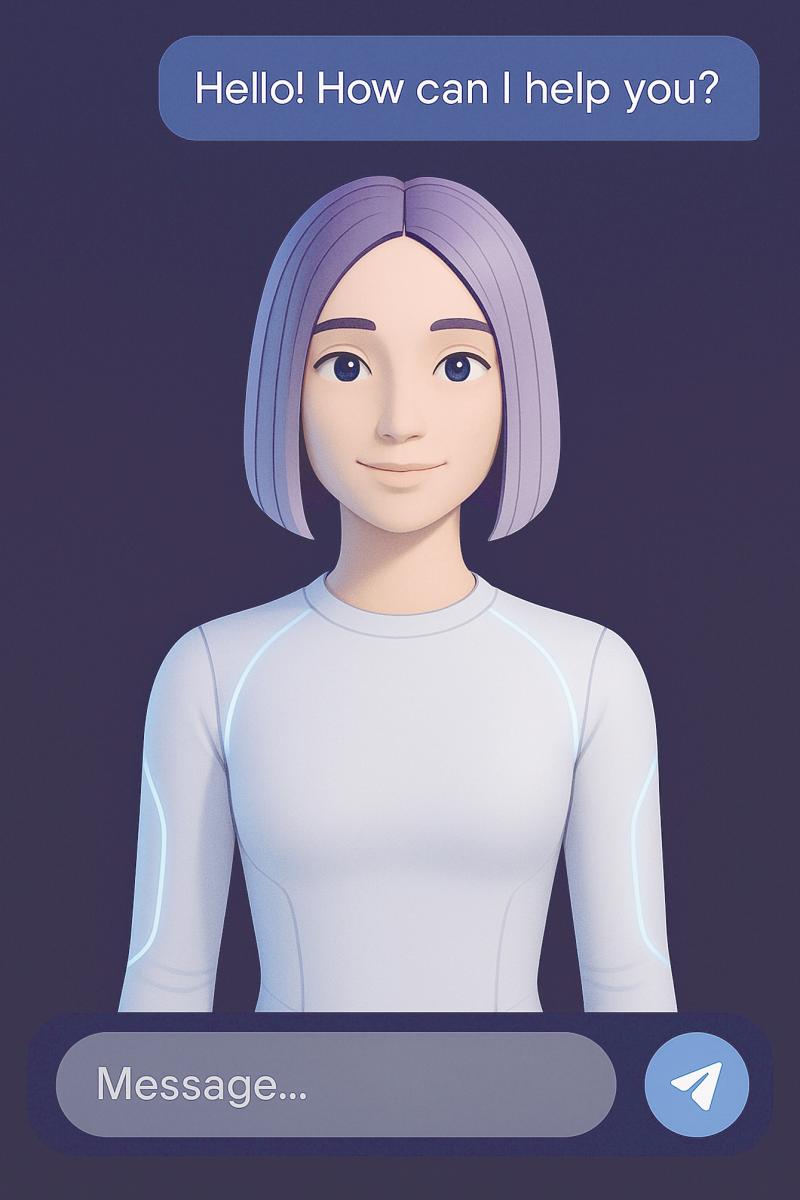GEN Z is forming real bonds with unreal people. As AI industry grows, so does the rise of AI girlfriends and boyfriends – digital companions that are capturing hearts.
But what does this mean for love? “He always listens. He remembers everything I say. He never judges me.” That is how teenagers on Tiktok describe their relationships with AI characters.
This kind of connection has become our new reality. Apps like Replika, Character.AI and even ChatGPT are not just tools to help with homework or for fun chats but are becoming sources for deep emotional bonding.
Teenagers are building entire “relationships” with bots that respond instantly, offer support and make them feel valued. Some bots are designed to act like friends while others take on the role as “romantic partners”, sending flirty messages, offering comfort and engaging in late-night heart-to-hearts.
Many young people say they feel safer opening up to an AI than to real people. Books, TV series often portray idealised relationships, far from the messy reality, leading to disappointment. This can make teenagers feel that artificial characters are better companions.
These virtual partners listen without judgement, share your problems as if they were their own and are always there. In a world where human relationships can
be complicated, demanding and sometimes cruel, a virtual companion can feel like a source of peace.“ He doesn’t leave me on read. He doesn’t ghost me”, “When I’m anxious, he helps me calm down.”
Before AI we had cases like Oli London, who famously married a cardboard cutout of their idol. Does this suggest that people may take “AI relationships” even further?
Psychologists are divided. Some see these connections as harmless, even helpful. Others worry that overreliance on AI relationships can make it harder to form meaningful bonds with real people.
Whether it is loneliness, a search for love or just a joke, more teenagers are chatting with bots daily. Is it love? Is it escape? Maybe both. At the heart of it, the blurred line between real and artificial relationships is a pressing issue demanding immediate attention.
Arianna Ibrayeva Kamilla
Student
City University Malaysia









